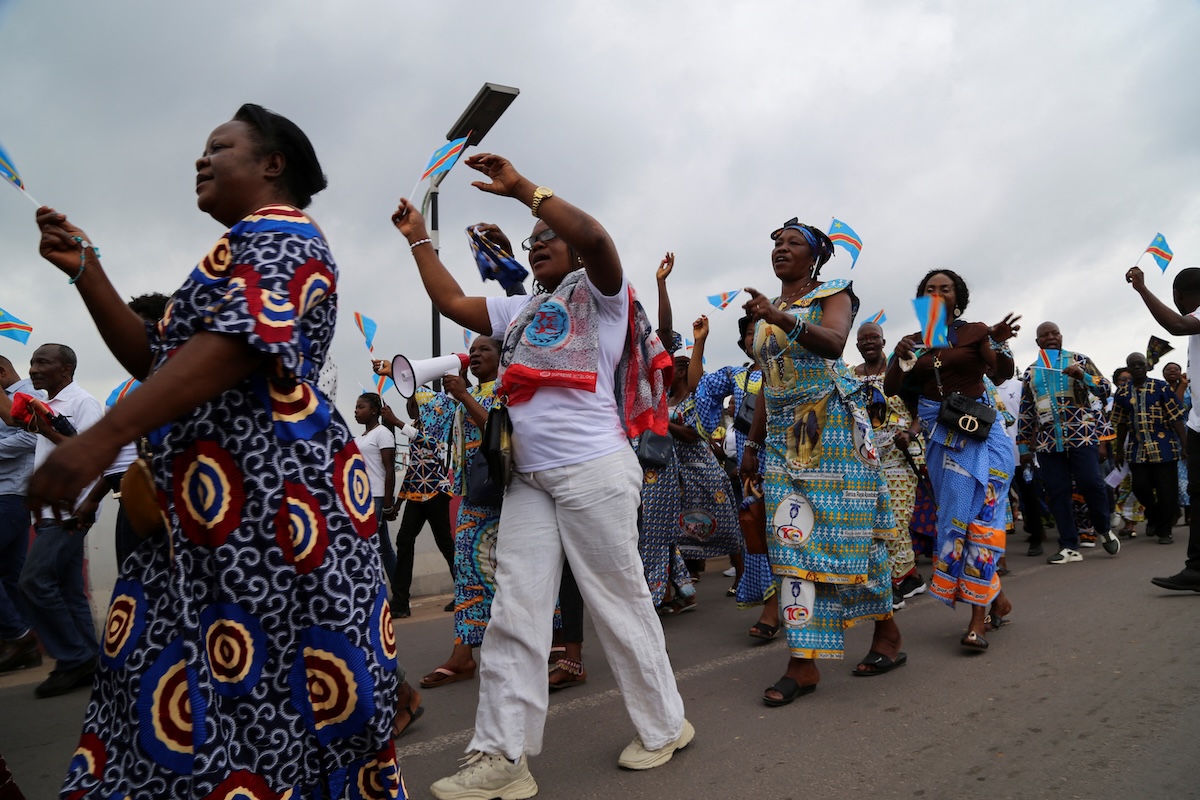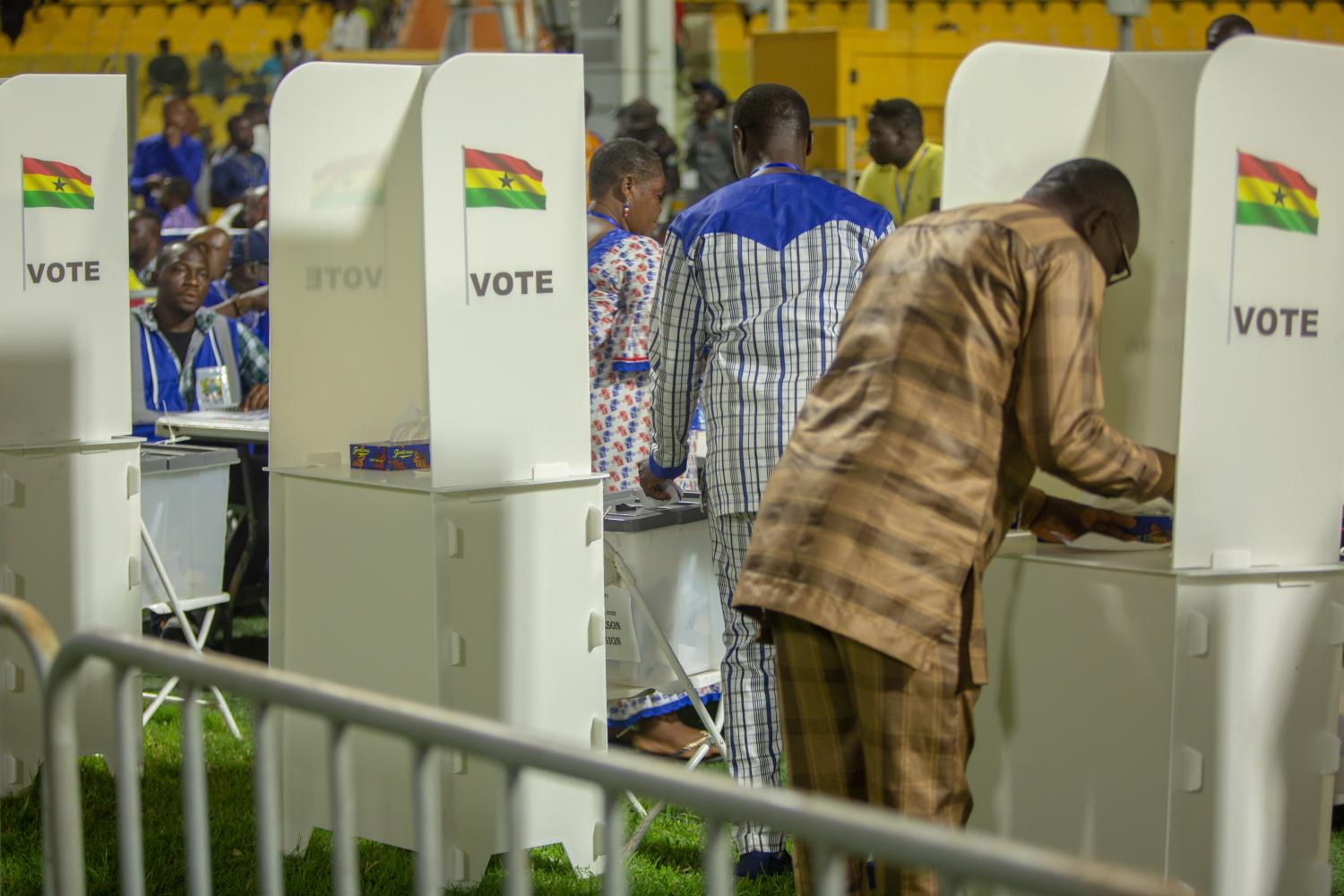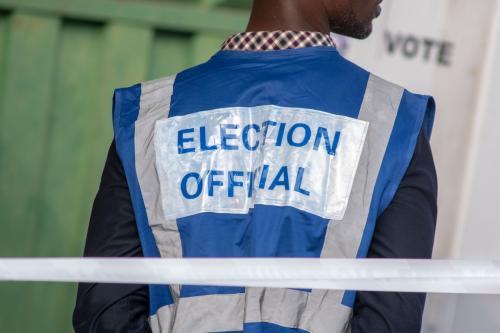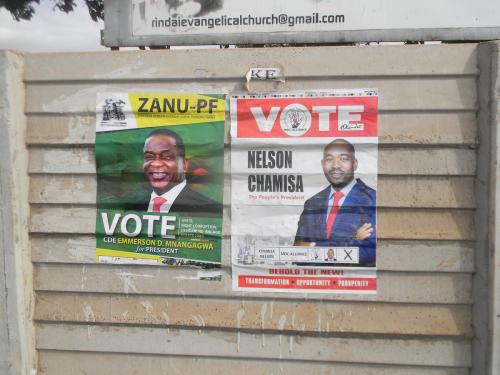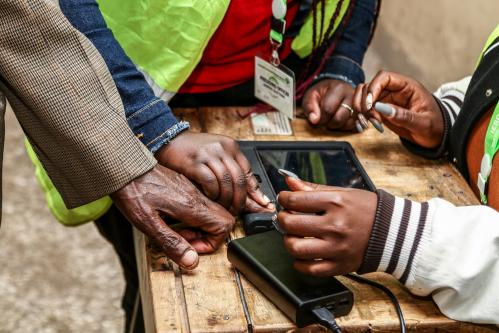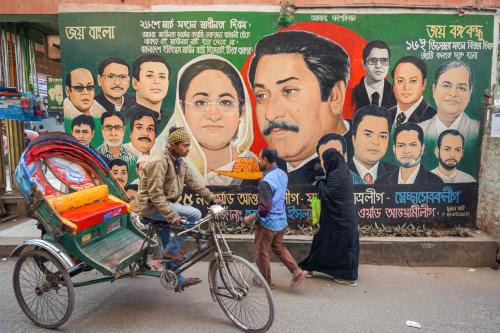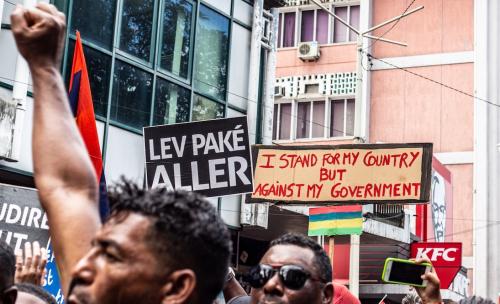This case study is part of a project on the state of democracy in Africa. See our other works from this project.
Despite a recent uptick in armed violence, on the face of it, the Democratic Republic of the Congo (DRC) has achieved a remarkable feat in replacing bullets with ballot papers as the means to achieving power. Following the Global and Inclusive Agreement of 2002 between former belligerents, which put an end to five years of conflict, the country agreed on a new constitution, enshrining in law a series of new democratic institutions. Since then, it has held four rounds of parliamentary and presidential elections, some of which have been credible, while others have been deeply flawed. It has also seen executive power change hands once at the national level and numerous times at the provincial level.
However, as Arblaster (1994, 3) has argued, democracy is “a concept before it is a fact.” This maxim unfortunately applies well to the DRC, where the stipulations of the 2006 Constitution—which codifies the separation of powers, independent judiciary, protections for individual and civil rights, and democratic oversight bodies—have been regularly transgressed by the ruling elites (Esambo, 2020a). This contrast between “democracy on paper” and “democracy in reality,” we believe, is one expression of the paradox of the Congolese political system.
In this paper, our first objective is to describe the characteristics of the political regime in the DRC. We argue that the DRC is what we define as an “electoral oligarchy,” where power changes hands within a narrow political elite, sometimes through elections and sometimes through negotiations. However, while these transfers of power produce some checks and balances among elites, very little accountability—vertical, horizontal or diagonal—exists between these elites and the population at large. In this system of “political transhumance,” as one Congolese scholar puts it, there are few partisan cleavages and little political loyalty (Ntwali, 2022).
How did we get here? We go back to the period of political transition 2003-2006, after which the Congolese state was captured by a narrow political elite who had benefited from a huge windfall from the privatization of the economy, particularly the mining sector. This influx of money into the political system, unwittingly facilitated by the “liberal peace” approach adopted by international donors, eroded the nascent democratic institutions that were being put in place (Stearns, 2022). The 2006 Constitution, which ushered in multiparty democracy, and the subsequent electoral law, which codified a proportional representation electoral system, produced a political landscape with a proliferation of weak political parties. Simultaneously, a turbulent media landscape and civil society were characterized by lively debate, but also by political manipulation and fragmentation that undermined accountability (Melmoth, 2007; International Crisis Group, 2015).
This report draws on Congolese democracy literature from scholars, researchers, and NGOs. Other data forming the body of this report was collected during interviews conducted by the authors prior to this study as part of their previous research. These elements are supplemented by the authors’ experience and observations of the Congolese political system. Each of them has been a privileged witness to one of the aspects developed in this case as an actor, expert, researcher, or analyst.
-
Acknowledgements and disclosures
The Brookings Institution is a nonprofit organization devoted to independent research and policy solutions. Its mission is to conduct high-quality, independent research and based on that research, to provide innovative, practical recommendations for policymakers and the public. The conclusions and recommendations of any Brookings publication are solely those of its author(s), and do not reflect the views or policies of the Institution, its management, its other scholars, or the funders acknowledged below.
This publication is supported by a grant from the Open Society Foundations.
Brookings recognizes that the value it provides is in its absolute commitment to quality, independence, and impact. Activities supported by its donors reflect this commitment.
The Brookings Institution is committed to quality, independence, and impact.
We are supported by a diverse array of funders. In line with our values and policies, each Brookings publication represents the sole views of its author(s).


